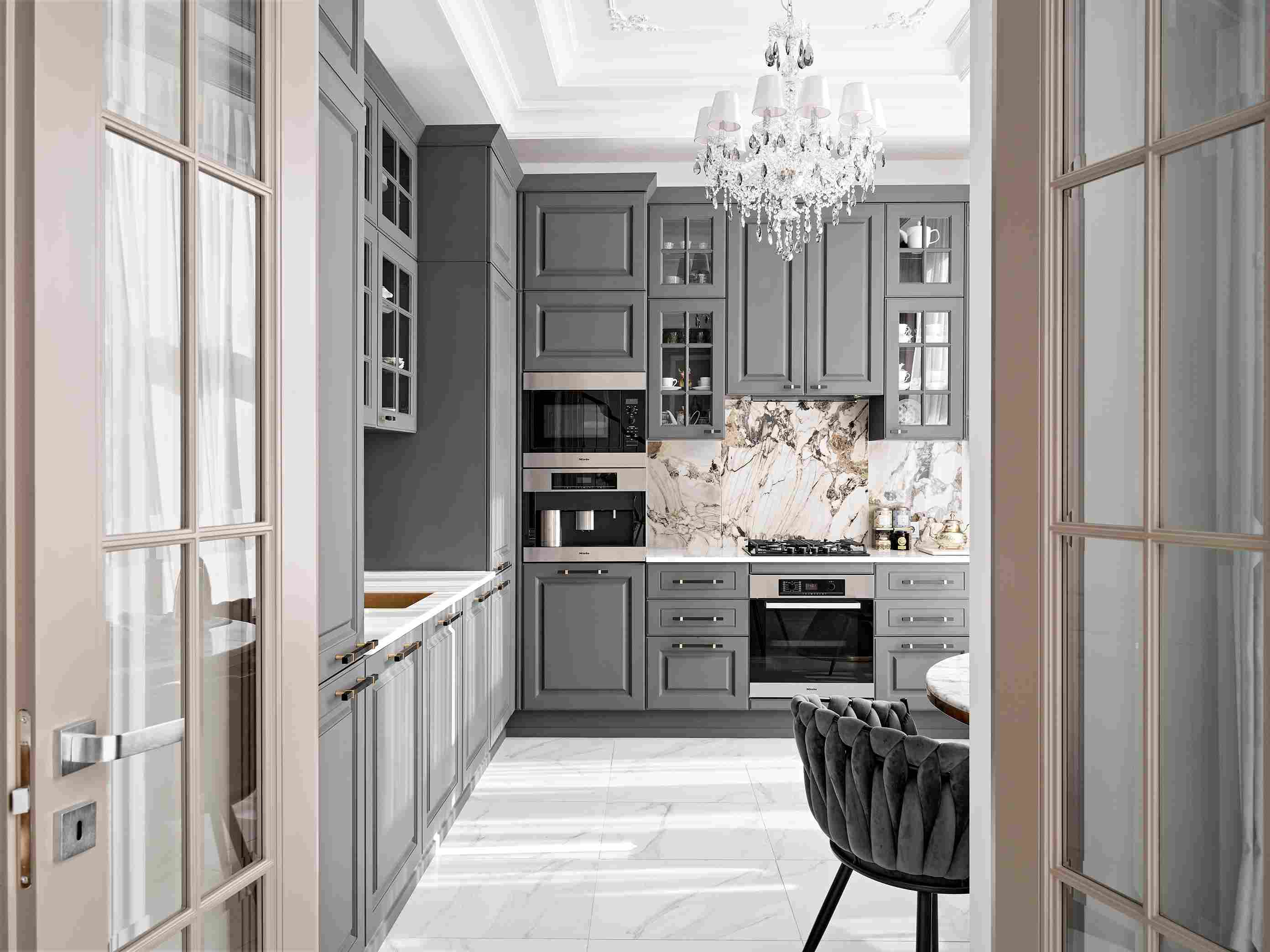
An Overview of Refined Culinary Space Innovations
In recent years, the culinary world has undergone a transformation, with innovative technologies and designs reshaping kitchens both in the home and in professional settings. These innovative culinary space developments are aimed at enhancing efficiency, improving the user experience, and broadening the scope of what's possible in cooking. In this article, we explore the latest trends and advancements that define the refined culinary spaces of the modern era.
Smart Kitchen Technology
One of the most significant trends in kitchen innovation is the integration of smart technology. Modern appliances now come with connectivity features, allowing chefs to control ovens, refrigerators, and other devices directly from their smartphones or through voice commands. This level of convenience and control helps to streamline the cooking process, reduce energy consumption, and even assist with meal planning and inventory management through built-in cameras and sensors that track food supply and expiration dates.
Ergonomic Design and Modular Systems
Ergonomics plays a pivotal role in the design of culinary spaces. User-centric designs focus on creating an environment that minimizes strain and maximizes comfort during food preparation. Adjustable countertops, pull-out cutting boards, and strategically placed storage are examples of ergonomic innovations. Moreover, modular systems have gained popularity, allowing for a customizable and scalable kitchen that can adapt to changing needs over time, from mobile islands to reconfigurable shelving units.
High-Tech Cooking Appliances
Advancements in cooking appliances have revolutionized how we approach food preparation. Induction cooktops, sous-vide machines, and precision ovens offer greater control over cooking temperatures, resulting in more consistent and professional results. New-age gadgets such as high-speed blenders, smart toasters, and connected coffee makers bring a new level of refinement and personalization to everyday cooking practices.
Sustainable Solutions
Sustainability is at the forefront of culinary space innovation. Energy-efficient appliances, water-saving dishwashers, and composting solutions are increasingly common in modern kitchens. Materials are also getting an eco-friendly makeover with the use of recycled glass countertops, sustainable wood cabinetry, and non-toxic paints and finishes. This shift towards green technology not only supports the environment but also promotes healthier living spaces.
The Future of Culinary Spaces
As we look to the future, we can expect the intersection of technology and design to continue driving the evolution of the culinary environment. Concepts like vertical farming and 3D food printing may soon find their way into domestic kitchens, offering fresh, customized food options. The potential for AI-driven appliances and robotics in cooking is also on the horizon, poised to further redefine the culinary experience.
In conclusion, the innovations shaping refined culinary spaces reflect a growing desire for convenience, customization, and sustainability. By embracing these advancements, we unlock new potentials in how we store, prepare, and enjoy food, ensuring that the kitchen remains the heart of the home and the epicenter of gastronomic creativity.